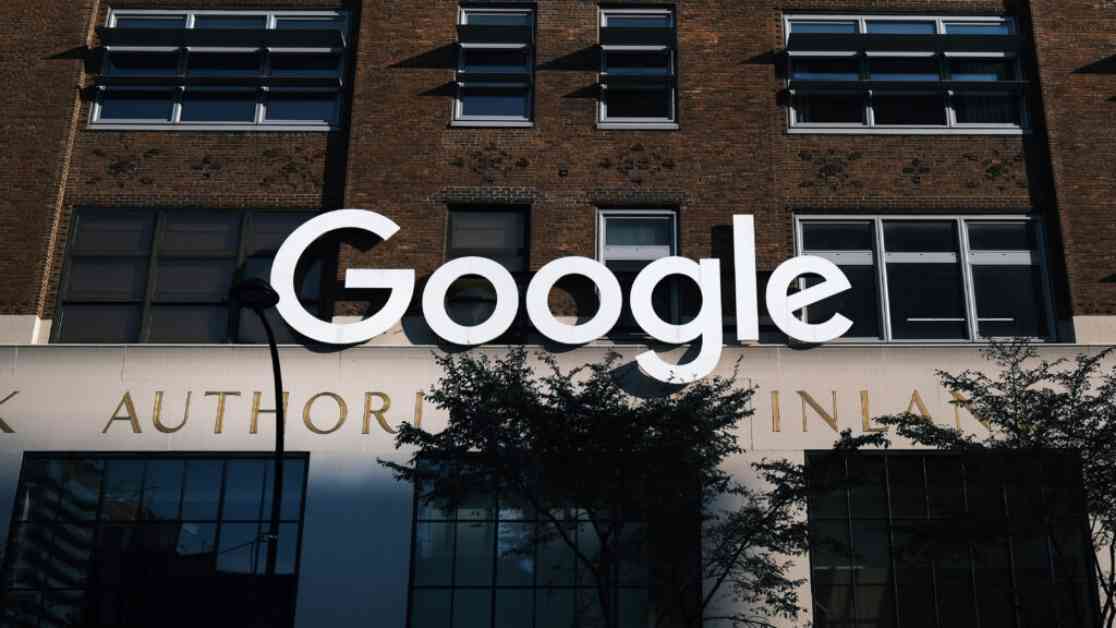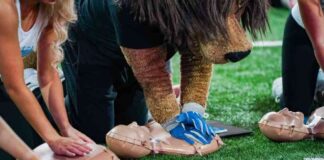Google’s chief health officer Karen DeSalvo is calling it quits this summer. Dr. Karen, as she likes to be called, joined Google back in 2019 and really took the reins of the company’s health initiatives in 2021 after VP of health David Feinberg jumped ship to Cerner (Now part of Oracle Health). Google had some drama around data sharing with Ascension, a health system, at the time and decided to disband its formal health organization.
DeSalvo played a key role in Google’s health projects, spanning consumer products like search, YouTube, and wearables, as well as services and software for pharmaceutical companies, hospitals, and insurers. The tech giant has also been making strides in global public health and health research. Google’s focus on large language models has given it a leg up in the healthcare space, with partnerships like the one it struck with HCA, a major hospital chain. Google DeepMind, another arm of the Alphabet conglomerate, has been making waves in using AI for life sciences, including the recent release of a pre-print on an experimental diagnostic chatbot called AMIE.
As DeSalvo heads for the exit, her current deputy Michael Howell, a physician who has been with Google for over seven years, will be stepping into her shoes. It remains to be seen how much credit DeSalvo can take for Google’s advancements in AI health technology.
In other health tech news, smart ring maker Oura has rolled out new features for metabolic health, teaming up with Dexcom’s over-the-counter continuous glucose monitor (CGM) Stelo to track meals and blood sugar levels. This collaboration comes on the heels of Dexcom pouring $75 million into Oura’s latest funding round. Stelo, which was FDA-cleared last year, could potentially provide a cost-effective alternative for individuals who can’t access prescription CGMs through insurance, such as those with type 2 diabetes who do not use insulin or individuals with prediabetes.
Oura’s VP of product Maziar Brumand envisions a wide range of users for the Stelo integration, from the casually curious to those in need of better glucose management. The real value, according to Brumand, lies in the immediate feedback loop between dietary choices, activities, and blood glucose levels, which could help reinforce healthier lifestyle decisions.
Meanwhile, there’s been a shakeup in the health screening space as Function Health, co-founded by Mark Hyman and a friend of health secretary Robert F. Kennedy Jr., has acquired full-body MRI company Ezra. The two companies plan to combine their cash-pay screening models to establish patient baselines for preventative care. Ezra is touting early cancer detection as a key selling point, along with its AI-powered MRI technology that promises shorter scan times and enhanced image quality.
On the financial front, Hims & Hers reported robust revenue for the first quarter of 2025, surpassing expectations. However, the company’s full-year revenue outlook remains unchanged as it navigates a transition in its business model to offering compounded versions of GLP-1 drugs. CEO Andrew Dudum addressed the company’s strategy around the shifting GLP-1 business and emphasized Hims’ commitment to personalized dosing despite recent legal challenges in the telehealth space.
As health tech continues to evolve, companies like Google, Oura, and Hims & Hers are at the forefront of driving innovation and shaping the future of healthcare. Stay tuned for more updates in this rapidly changing landscape.


















